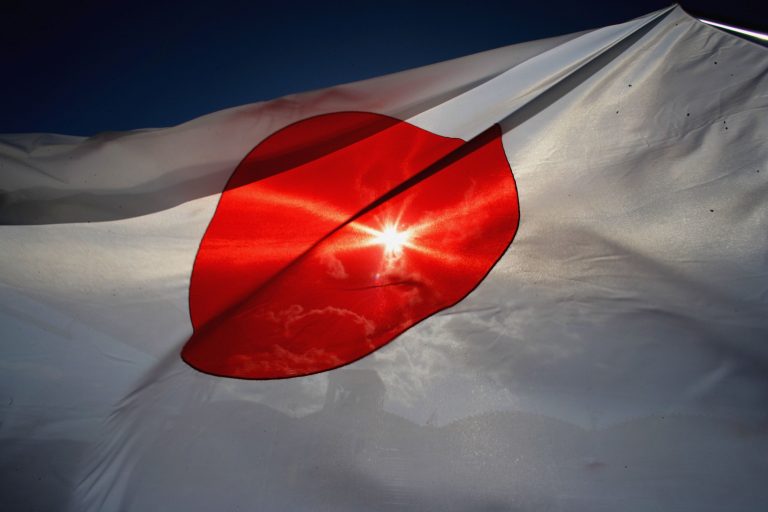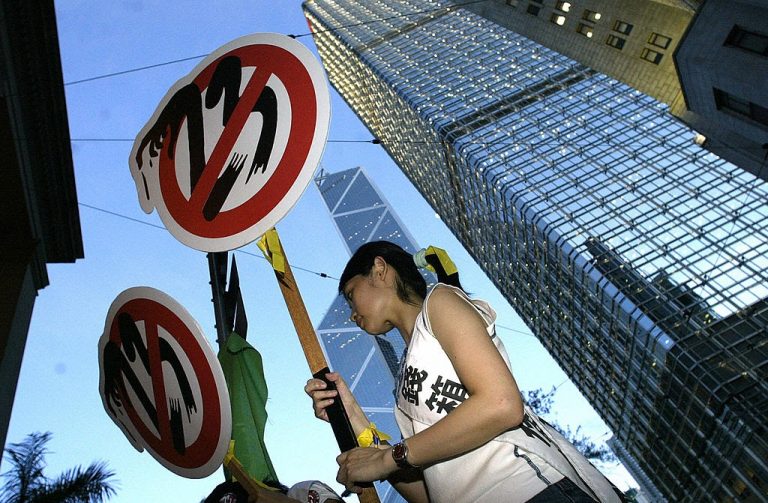On Jan. 6, the Prime Ministers of Japan and Australia met via a virtual meeting to sign a defense treaty in response to the growing military and economic aggression of the Chinese Communist Party (CCP).
Against the backdrop of escalating CCP aggression, this is Japan’s second defense pact to tighten its security in the face of a possible attack by the communist-ruled nation.
Sealing the deal
Following a virtual summit held last Thursday, Japanese Prime Minister Fumio Kishida and Australian Prime Minister Scott Morrison signed what is deemed a “historic” defense treaty – a treaty that had been in the works since 2014.
The Reciprocal Access Agreement (RAA) was signed to form a “defense cooperation framework”, where both governments will send troops to each other’s countries to accommodate joint exercises between the Japan Self-Defense Forces and the Australian military. It also aims to ease the mobilization of weapons and supplies, and provide disaster support, the Interpreter reported.
After the signing of the RAA, Kishida and Morrison came forth to address “serious concerns” regarding the developments within the South China Sea area, where the CCP continues to enforce its claims of territory, especially on the island of Taiwan.
Success
You are now signed up for our newsletter
Success
Check your email to complete sign up
Despite the island government not being recognized by the world as an official one, many nations vowed to provide unofficial support for the Republic of China (ROC), or Taiwan.
In Japan’s case, a territorial dispute exists between Tokyo and Beijing over the Senkaku Islands, which China calls the Diaoyu islands.
Kishida declared that the agreement is “a landmark instrument which will elevate security cooperation between the nations to new heights.” He also said Japan has plans for signing more pacts with the United Kingdom and France – both of which reciprocated the support from Tokyo “in response to an increasingly assertive China.”
“The importance of security cooperation between Japan and Australia has increased significantly and it is a great pleasure to see the results of our vigorous negotiations have come to fruition,” Kishida added.
Morrison stated that the RAA was “an equal partnership of shared trust between two great democracies, committed to the rule of law, human rights, free trade and a free and open Indo-Pacific.”
He then told reporters that the treaty “would usher in a new chapter in advanced defense cooperation between Australia and Japan.”
China reacts
On Jan. 5, in response to the signing of the treaty, Beijing’s foreign ministry spokesman Wang Wenbin said “the Pacific Ocean is vast enough for the common development of countries in the region.”
“State-to-state exchanges and cooperation should be conducive to enhancing mutual understanding and trust among countries in the region and safeguarding regional peace and stability, rather than targeting or undermining the interests of any third party,” he added. “We hope that the Pacific will be an ocean of peace, not a place to make waves.”
The RAA has been recognized by several analysts for its importance of cooperation against Beijing’s military endeavors.
In an interview with the Associated Free Press, senior analyst Ali Wyne of the Eurasia Group said that the RAA highlights the efforts of the Quad, the unofficial naval alliance that consists of Japan, Australia, India and the United States. The grouping held joint military drills in response to Beijing’s previous movements.
Wyne added that China “will likely cast [the RAA] as further evidence that advanced industrial democracies seek to stymie its resurgence.”
According to a writer for Nikkei Asia, they hope that Tokyo continues to keep the momentum up and develop upon its cooperation with other “like-minded allies.”
They also expressed concern for Japan’s “diplomatic rift” with South Korea, while also pointing out the lack of development in the North Korean abduction issue.
Japan currently has had a status of forces agreement with the U.S. since the 1960s, giving the U.S. the permission to house their military forces in and around Japan.
In addition to raising its military budget on defenses, Tokyo also recently proposed a joint operation plan with Washington to prepare for a state of emergency should Beijing launch an attack on Japan.
“Japan is breaking away from its post-war constitutional constraints on the use of military force because Tokyo recognises the challenges it is facing from China,” said Malcom Davis, senior analyst at the Australian Strategic Policy Institute.
On Dec. 13, Australia also signed a $717 million deal – the largest defense deal ever made between Australia and an Asian nation – to send artillery support, supply vehicles and radar equipment from Seoul to the Australian army.

















